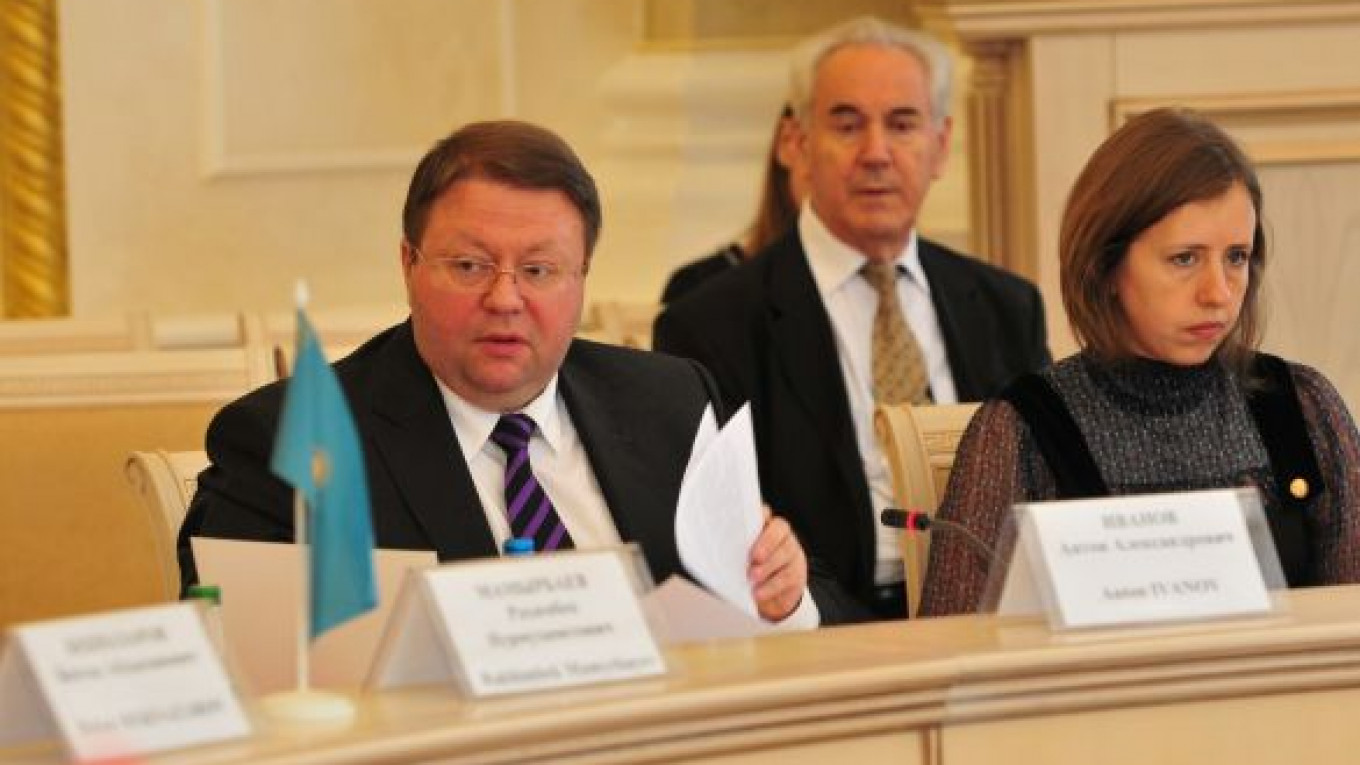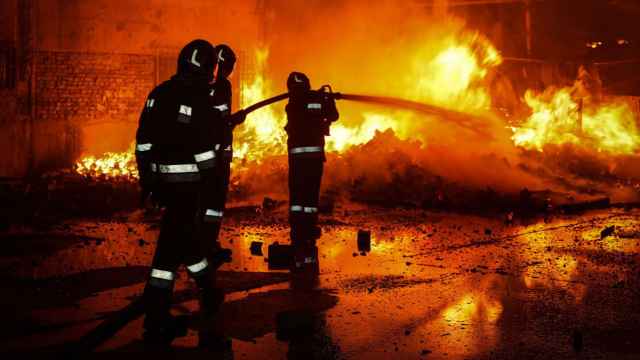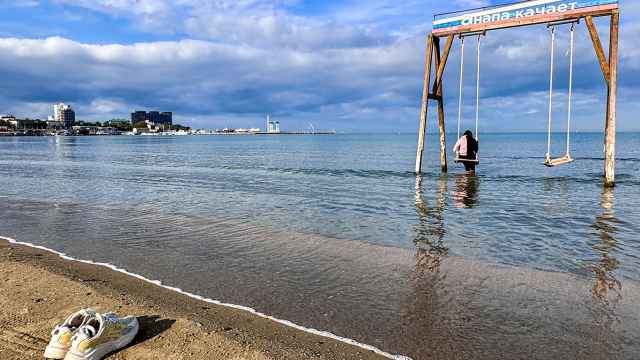The State Duma on Tuesday approved in the first reading a bill seeking to merge the Supreme Arbitration Court into the Supreme Court, as the former warned that the move could signal the end of the entire arbitration court system.
Arbitration courts, which hear commercial disputes, have been praised by many observers as more transparent, fair and qualified than general jurisdiction courts. They are frequently touted as a unique example of a properly functioning institution in what many see as otherwise an inefficient legal system.
The same day the Duma approved the bill on the merger, the Council of Europe, one of Europe's top human rights bodies, called on President Vladimir Putin to reform Russia's flawed judicial system.
Nils Muiznieks, the Council of Europe's Commissioner for Human Rights, said in a report that "substantial reforms should continue in order to remedy systemic deficiencies in the administration of justice and strengthen the independence … of the judiciary."
Although the report did not cite any specific cases, its release coincided with new developments in a fraud case against Alexei Navalny, a prominent Putin opponent who was recently hit with a five-year suspended sentence on charges he has said were fabricated to keep him out of political office. On Tuesday, a Moscow court said some of Navalny's assets may be seized.
The Council of Europe report seemed to hint at the Navalny case, saying Russian judges lacked independence because they were susceptible to political pressure.
Critics of the courts' merger have made a similar argument, accusing the Kremlin of trying to reduce arbitration courts' independence and warning that the reform could have disastrous consequences for the country's system of law enforcement, as well as businesses that rely on Russian courts.
The Supreme Arbitration Court said in a letter signed by its chairman, Anton Ivanov, that the legal system could be destabilized if arbitration courts are liquidated, Kommersant reported Tuesday.
Arbitration courts and arbitration law will not even be mentioned in the Constitution if the bill is passed, the letter warned.
Olga Romanicheva, a lawyer at Khrenov and Partners, said by phone that the liquidation of arbitration courts was possible. But a decision on whether to abolish lower arbitration courts would likely be made at a later date, she added, as the bill did not say anything about them.
But Alexander Arifulin, a former deputy chairman of the Supreme Arbitration Court, disagreed with Romanicheva's assessment, saying by phone that the reform would not result in the elimination of commercial courts.
Arifulin expressed concern about another aspect of the law, however, which is also criticized in the letter: a possible requirement for current judges of the Supreme Arbitration Court and the Supreme Court to take an exam if they want to join the new entity.
While the liquidation of a court cannot serve as the basis for terminating a judge's tenure, the way Supreme Arbitration Court judges would be appointed to the merged court — by taking an exam — does not "conform to the constitutional principle of the irremovability of judges,” the letter said.
Arifulin echoed that sentiment, saying the clause on required exams for judges “contradicts the principle of the courts' independence,” and that “the status of judges must not deteriorate.”
Romanicheva agreed, saying that exams for incumbent judges would be illegitimate. The bill's wording is vague, however, and it is unclear if current judges would have to pass exams, she said.
The merger of the courts was proposed by Putin at the St. Petersburg International Economic Forum in June. He cited the need to "ensure uniform approaches to the resolution of disputes involving individuals, as well as disputes with state authorities and local governments."
He also said the court should be based in St. Petersburg, where a whole judicial quarter is slated to be built in the city center.
Opponents of the merger have argued that it is a blow to the current arbitration court system, which was established in the 1990s and has been lauded as one of the most efficient institutions in Russia.
Romanicheva said arbitration courts were more open and transparent than general jurisdiction courts.
“Most judges of general jurisdiction courts are less qualified than arbitration court judges,” she said.
Arbitration courts have also been praised as business-friendly. Foreign investors have been perhaps the most vocal in urging Russia to overhaul its judicial system to make conducting business easier.
Michael Harms, chairman of the Russian-German Chamber of Commerce, said in June that German investors were pleased with the work of the Supreme Arbitration Court and that it would be a mistake to merge it with the Supreme Court.
Contact the authors at o.sukhov@imedia.ru and i.nechepurenko@imedia.ru
A Message from The Moscow Times:
Dear readers,
We are facing unprecedented challenges. Russia's Prosecutor General's Office has designated The Moscow Times as an "undesirable" organization, criminalizing our work and putting our staff at risk of prosecution. This follows our earlier unjust labeling as a "foreign agent."
These actions are direct attempts to silence independent journalism in Russia. The authorities claim our work "discredits the decisions of the Russian leadership." We see things differently: we strive to provide accurate, unbiased reporting on Russia.
We, the journalists of The Moscow Times, refuse to be silenced. But to continue our work, we need your help.
Your support, no matter how small, makes a world of difference. If you can, please support us monthly starting from just $2. It's quick to set up, and every contribution makes a significant impact.
By supporting The Moscow Times, you're defending open, independent journalism in the face of repression. Thank you for standing with us.
Remind me later.






